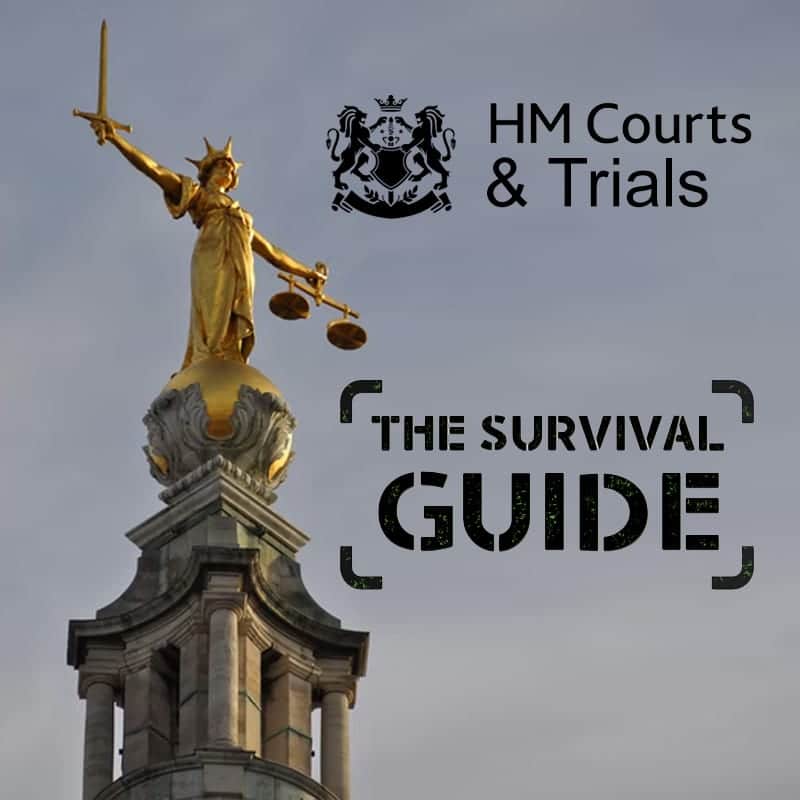What's the Prison Sentence for ABH Offences
When discussing Actual Bodily Harm (ABH), which falls under the Offences Against the Person Act 1861, it’s crucial to understand how the UK legal system determines the appropriate prison sentence. ABH is a criminal offence that involves causing physical harm to another person, and its consequences can be severe. This article aims to demystify the legal complexities surrounding ABH offences and the corresponding prison sentences, providing a clear guide for anyone seeking to understand these penalties.
The Legal Framework for ABH in the UK
ABH is classified as a less severe form of assault compared to Grievous Bodily Harm (GBH), but it still carries significant legal repercussions. In the UK, ABH is typically viewed as causing injury which interferes with the health or comfort of the victim. Such injuries do not need to be permanent but must be more than merely transient and trifling.
Sentencing Guidelines for ABH
The sentencing for ABH offences can vary widely depending on the circumstances and severity of the assault. Generally, the maximum prison sentence for ABH is up to five years. Sentencing can also include fines and community orders, depending on factors such as the defendant’s criminal history, the intent behind the assault, and the impact on the victim.

Factors Influencing the Prison Sentence
Several factors influence the length of the prison sentence for ABH. These include:
- The severity of the injury: More serious injuries typically result in longer prison sentences.
- The defendant’s intent and motivation: Was the assault planned or a result of recklessness?
- Previous convictions: A defendant with a history of violent behaviour may face a harsher sentence.
- Remorse shown by the defendant: Demonstrating genuine remorse can sometimes reduce the sentence.
Case Studies and Examples
Examining specific case studies can provide a clearer picture of how ABH sentences are applied in practice. For instance, a first-time offender who caused moderate injuries in a fight may receive a shorter prison sentence or a suspended sentence compared to someone with multiple violent offences on their record.
The Role of Mitigating Factors
Mitigating factors can play a crucial role in the sentencing of ABH offences. These may include:
- Evidence of mental health issues
- Provocation or excessive self-defence
- The age and personal circumstances of the defendant
The Impact of Aggravating Factors
Conversely, aggravating factors such as the use of a weapon, premeditation, or the vulnerability of the victim can increase the prison sentence.
Conclusion and Further Resources
Understanding the prison sentences for ABH offences requires a thorough understanding of UK law and the factors influencing sentencing decisions. While this guide provides an overview, each ABH case can vary widely based on the specifics of the offence and the individuals involved.
For more detailed information about prison sentences for ABH offences and other aspects of UK law, please visit PrisonGuide.co.uk. The site offers a wealth of resources and insights into the UK legal system, helping readers navigate the complexities of criminal justice and sentencing.





